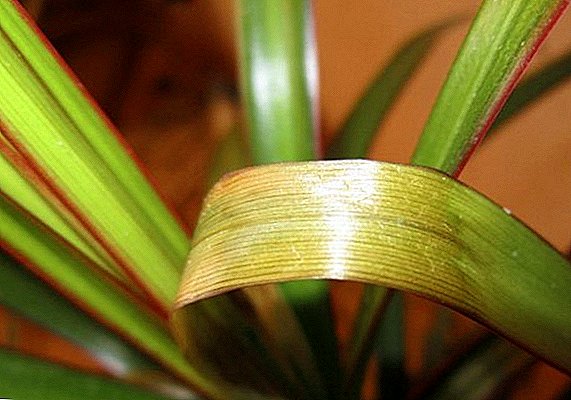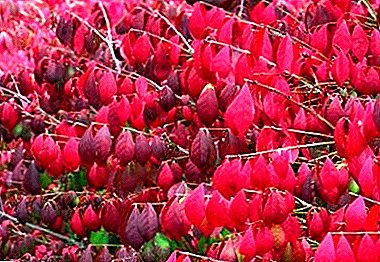
Melissa, which is popularly known as lemon mint, honey, bee grass, has been widely popular since ancient times. The healing properties of lemon balm are used in folk medicine for the treatment of diseases, it is part of many medicines. Especially often the plant is used for increased emotional excitability, irritability, sleep disturbance.
Leaves and young shoots of lemon balm are used in cooking as a spice - both fresh and in dry form. In addition, the plant is unpretentious and it can grow anyone. The main thing - to choose the right place for landing. Our article will tell you where it is better to plant the plant, what it likes more, the shade or the sun and where the culture will develop better.
Where to choose a place for lemon mint on the site?
Melissa will grow in the penumbra, but in this case the oil content will decrease and the plant will not be so fragrant. Intensive growth and splendor of the bushes will provide a fertile permeable sandy loose soil and a sunny, warm place.
Soil selection
Soil for planting lemon balm friable, moderately moist, light and fertile with a neutral pH or slightly acidic. The best option for it would be loam-rich loam or sandy loaves. The loamy soil contains about 70% of clay and 30% of sand, while sandy loamy ground contains up to 20% of clay and up to 90% of sand. Both combinations are perfect for growing both lemon balm and other plants.
How to fertilize the soil?
 Feed lemon balm once a month. Add wood ash, manure, humus, or add a complex mineral fertilizer.
Feed lemon balm once a month. Add wood ash, manure, humus, or add a complex mineral fertilizer.
Every spring mineral fertilizers containing phosphorus, potassium, and nitrogen are obligatory, and it is advisable to cover lemon balm for the winter, spudding the bush with humus or peat and falling asleep with fallen leaves from above.
Fertilizers strengthen the root system, increase resistance to adverse weather conditions, promote plant growth. With a lack of fertilizers, the taste of the leaves deteriorates. - they become bitter, less juicy and fragrant.
After what crops can you grow?
Melissa, like other plants of the yasnotkovy family, may well grow after legumes, root crops, perennial herbs. It does not affect its growth and health. If lemon balm grows after beet, cabbage or cucumber, then dark spots can be seen on it. This will indicate that a pest or disease has appeared on the plant.
What is better to plant next?
It is best to plant lemon balm on a site previously occupied by legumes and root crops. Plants such as, say, buckwheat or melon are also considered to be quite good predecessors for lemon balm, since they tend to saturate the earth with calcium necessary for normal lemon balm growth.
Experienced gardeners advise to plant it next to tomatoes, cabbage, beetroot. And if nettle appears next to melissa, its leaves will smell even stronger, because there is more essential oil in them.
Do not plant lemon balm near onions, cucumbers. This affects the aroma and taste of the leaves, the growth of the plant.
Where to put the house?
The main condition for growing lemon balm on the windowsill is lighting and temperature. Melissa is a rather light-loving and heat-loving plant, therefore it is necessary to provide it with sufficient amount of sunlight and heat. It sprouts and exists at a temperature of +10 degrees, but the optimum temperature is +25 degrees.
Particular attention should be paid to the choice of the window. To say flatly - “keep only on the south” or “only on the west” - is impossible. If you see that the plant is “uncomfortable” on the window, that is, it dries, fades, does not grow, you need to rearrange it. Also it is worth rearranging seedlings of lemon balm depending on the weather and season.
Everyone knows about the healing properties and unique aroma of this plant. In addition, it is unpretentious, does not require special care, it is easy and pleasant to grow it both in the garden and on the windowsill. Melissa is a great choice for a beginner gardener.












